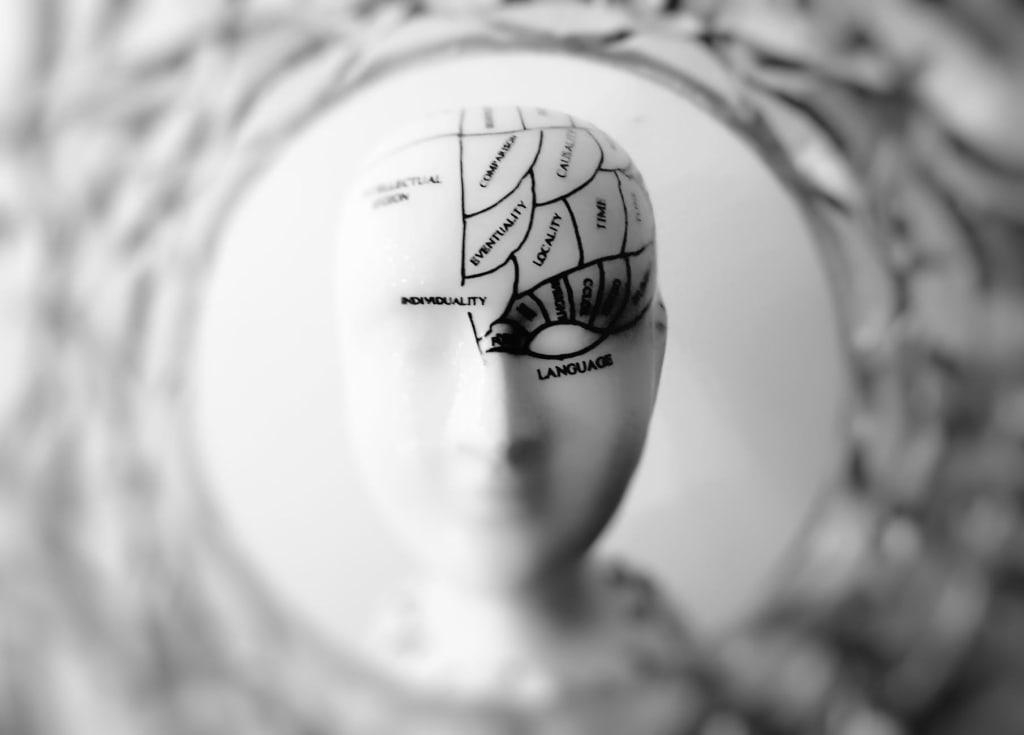What is ADHD? And how many types are there?
ADHD is a mental health disorder that can lead to behavioral hyperactivity.

ADHD is a mental health disorder that can lead to behavioral hyperactivity. People suffering from this may face difficulty in concentrating on one task or sitting for long periods of time. ADHD has a combination of several problems such as difficulty maintaining attention, hyperactivity, and impulsive behavior.
ADHD affects children and adolescents and can last into adulthood. It is the most common mental disorder in children. Children with ADHD can be overly active and unable to control their impulses. This type of behavior hinders school and home life.
ADHD is more common in boys than girls. It is usually diagnosed in the early years of school, when the child begins to have problems concentrating.
Adults with ADHD may have trouble managing time, staying organized, setting goals, and finding jobs. They may have problems forming or maintaining relationships, low self-esteem, and addiction problems.
How many types of ADHD are there?
There are three types of ADHD
1. Predominantly inattentive ADHD
If you have this type of ADHD, you may experience symptoms related to attention deficit rather than impulsivity and hyperactivity. You may experience problems with impulse control or hyperactivity at times, but these are not the main symptoms of attention deficit ADHD.
People who experience it
- They forget things and get distracted easily.
- They get bored quickly.
- They have trouble concentrating on a single task.
- They have difficulty organizing thoughts and learning new information.
- Loses items such as pencils, papers, or other items needed to complete a task.
- Do not listen to others.
- Walk slowly and feels that they are daydreaming..
- Their ability to organize information tends to be slower and less accurate than others.
- They have trouble following instructions.
2. Predominantly hyperactive-impulsive ADHD
This type of ADHD has symptoms of impulsivity and hyperactivity. People with this type of ADHD may exhibit symptoms of attention deficit, but these are not its main symptoms.
People who are often hyperactive
- Feeling nervous, anxious, or restless.
- Have trouble in sitting continuously.
- Keep talking continuously.
- Touch objects even when inappropriate and keep playing.
- Have trouble participating in quiet activities.
- Keep going continuously.
- Remain impatient.
- Do some work and don't think about the consequences later.
- Reply and give inappropriate comments.
3. Combination ADHD
If you have combination ADHD, it means that your symptoms are not just those of attention deficit ADHD or just the hyperactivity type of ADHD. Rather, both categories have symptoms.
Most people with or without ADHD experience some symptoms of attention deficit or hyperactive behavior, but these are more severe in people with ADHD. These are more frequent and interfere with your functioning at home, school, work and social situations.
ADHD Treatment - How is ADHD treated?
ADHD Treatment can be done with both, medication and therapy.
Medicines
Stimulant medications can help control hyperactive and impulsive behavior and increase attention span. However, stimulant drugs do not work for everyone, so non-stimulant drugs may be given to people over the age of six.
Dietary supplements containing omega-3s may show some benefit. The FDA of the United States has approved a medical food called Vyrin, which contains omega-3 and is available only when prescribed by a doctor.
Therapy
These treatments focus on behavior change.
Special education helps a child learn in school. Having structure and routine can be of great help to children with ADHD.
- Behavior modification teaches ways to change bad behavior.
- Psychotherapy (counseling) can teach better ways to manage emotions. It can also help a person with ADHD improve their self-esteem. Counseling can help family members better understand their child with ADHD.
- Social skills training can improve behavior.
About the Creator
Richard D. Abbey
Dr. Abbey is a licensed clinical neuropsychologist. He provides neuropsychological evaluations for infants, children, and adults. He is the director of neuropsychological services and is involved in every case in his clinic.






Comments
There are no comments for this story
Be the first to respond and start the conversation.